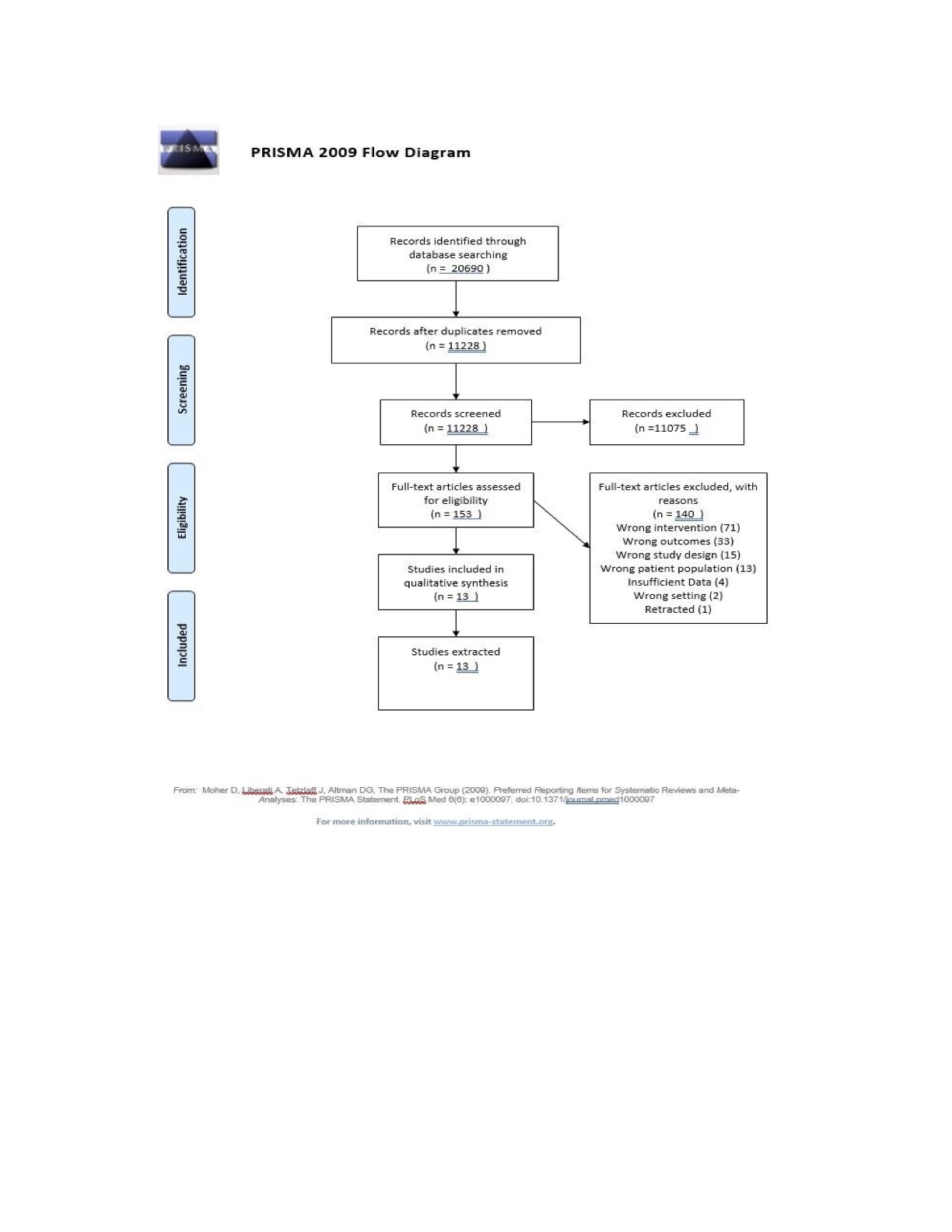Pediatric Nutrition
Pediatric Nutrition
49 - The Association Between Food Insecurity and Parental Feeding Patterns Prior To, and During, the COVID-19 Pandemic: A Scoping Review
Saturday, April 29, 2023
3:30 PM - 6:00 PM ET
Poster Number: 49
Publication Number: 49.253
Publication Number: 49.253
Soha Raja, UNC School of Medicine, Chapel Hill, NC, United States; Luis C. Acosta, University of North Carolina at Chapel Hill School of Medicine, Chapel Hill, NC, United States; Jennifer C. Gutierrez-Wu, UNC, Chapel Hill, NC, United States; Shaundreal D. Jamison, Brody School of Medicine at East Carolina University, Greenville, NC, United States; Heidi Reis, East Carolina University, Laupus Library, Greenville, NC, United States; G.J. Corey. Harmon, Laupus Health Sciences Library, East Carolina University, Greenville, NC, United States; Kedrianna Griffin Hiltonen, University of North Carolina at Chapel Hill School of Medicine, Chapel Hill, NC, United States; Colin J. Orr, University of North Carolina at Chapel Hill School of Medicine, Chapel Hill, NC, United States

Soha Raja
Medical Student
UNC School of Medicine
Chapel Hill, North Carolina, United States
Presenting Author(s)
Background: The COVID-19 pandemic exacerbated food insecurity, particularly among families with children. Research is needed to evaluate potential changes in parental feeding patterns during the pandemic.
Objective: To synthesize literature on parental feeding patterns in the context of food insecurity both prior to, and during, the COVID-19 pandemic.
Design/Methods: A scoping review study design was used. Terms related to food insecurity, parental feeding behavior, and children under 18 were used to search literature published January 2012 - June 2022. Databases searched included MEDLINE (PubMed), EMBASE (Elsevier), PsycINFO (EBSCO), Cochrane Central (OVID), and Scopus (Elsevier). Eligible studies included (1) households in the US with children under 18 experiencing food insecurity (2) evaluation of food insecurity using a validated screener (3) and evaluation of parental feeding patterns using a validated screener. Covidence web-based platform was used to facilitate a systematic review process. Abstract screening, full-text screening, and data extraction were completed by 2 independent reviewers. Conflicts were resolved through team discussion. Data collected included authors, study period, study location, parent/child demographics, food insecurity, and parental feeding patterns.
Results: Thirteen studies were included in the review (Figure 1). All studies collected data prior to COVID-19, with 3 studies spanning the pandemic. Parents were mostly mothers with low income. 5 studies found an association between food insecurity and restrictive feeding, and 7 studies described an association between food insecurity and pressured feeding. 3 studies found an association between food insecurity and increased parental concern about a child's future weight, with 2 of these studies showing an increase in weight concerns during COVID-19 with a greater increase among families with food insecurity versus families with food security.
Conclusion(s): Food insecurity may be associated with greater non-responsive parental feeding patterns and heightened parental concern about a child’s weight. There is a paucity of published literature on parental feeding patterns since the COVID-19 pandemic. Given the increased prevalence of food insecurity among families with children since the COVID-19 pandemic, parental non-responsive feeding patterns may also be exacerbated. Further research in this area is needed to better understand how the pandemic has influenced parental feeding patterns to facilitate interventions aimed at reducing food access barriers and addressing obesogenic feeding patterns.

